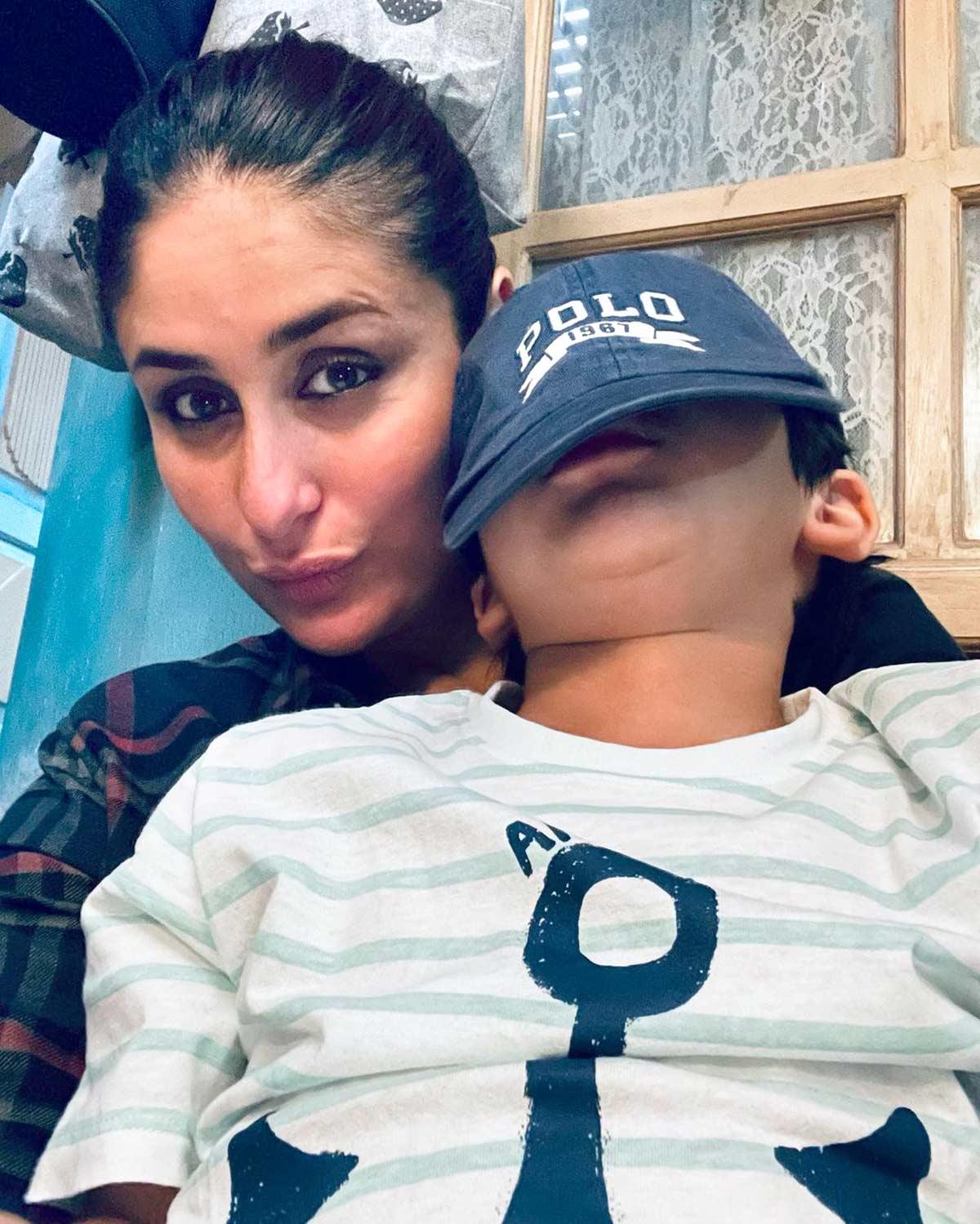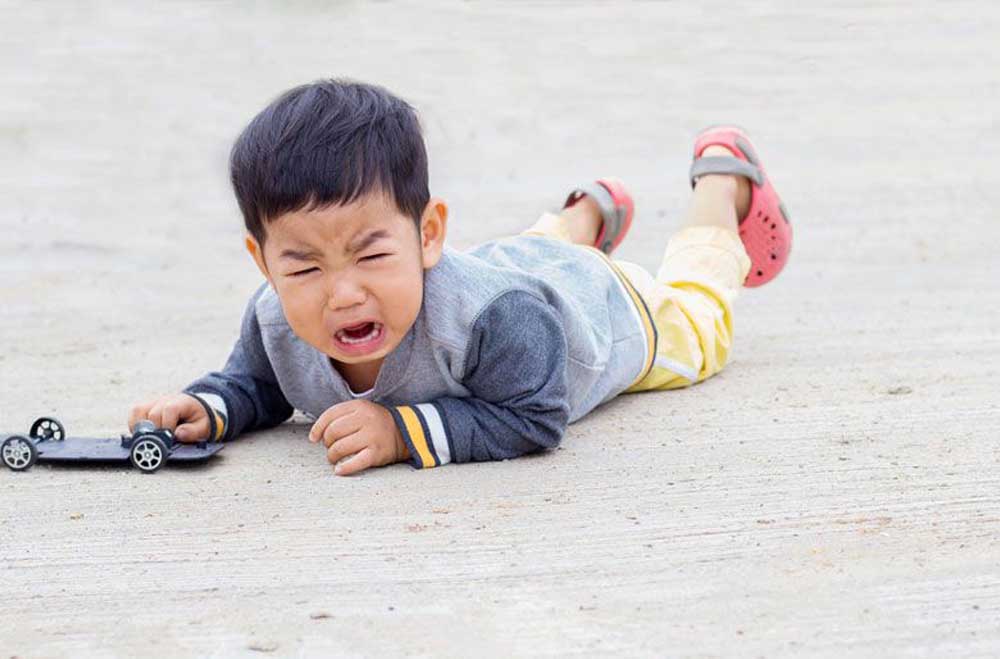Fantastic Tips About How To Handle Child Tantrums

Have a clear plan for how you’ll handle a tantrum in whatever situation you’re in.
How to handle child tantrums. Your child is the rose. Tantrums inspire anxiety in many parents. Over time and with practice, your child will learn how to calm themselves down.
Tantrums should be handled differently depending on why your child is upset. Here ar. @airliebeachbabysitting on instagram: Why do toddlers have tantrums and what can you do to help them?
There might be a reason for your toddler’s tantrum that you can identify and address, for example, they’re hungry and need a snack or they’re tired and need a nap. Think about what they are trying to tell you. If you respond with loud, angry outbursts, your child might imitate your behavior.
If you have a big reaction like getting angry or yelling, your child often gets even more upset. Remember that once your toddler is upset, her brain isn't capable of calming her down. A meltdown is an opportunity to help your child name their emotions, which will help them regulate.
During a tantrum, the goal is to ignore the behavior and withdraw all attention, so the child learns that tantrums won’t get them what they want. Try our simple tips to help you and your child cope when they have a temper tantrum. Raising kids toddlers & preschoolers how to deal with toddler temper tantrums temper tantrums can make you question your parenting skills, but they’re actually a normal part of toddlerhood.
Underwood published april 17, 2020 updated may 8, 2020 this guide was originally published on june 17, 2019 in nyt parenting. Or set an alarm to go off on your phone that reminds you of this every hour on the hour. Shouting at a child to calm down is also likely to make things worse.
Give your child enough attention and catch them being good. Key points tantrums are developmentally appropriate for young children. Do not change your mind giving in will not help in the long term.
Otherwise, your child will start to think tantrums can get them what they want. They happen most between ages 1 and 3 years, but as so many of us know, some kids are huge tantrum throwers, and some are not. Stand your ground advertisement | page continues below 4.
Tantrums are a normal part of development. Talk to your child about potential triggers before entering a store, for example. Dealing with tantrums is a common challenge for parents and caregivers of young children.
Other times, its best to ignore an outburst or distract your child with a new activity. Typically, the best way to respond to a tantrum is to stay calm. If your child is tired or hungry, it's time for a nap or a snack.





_Final.jpg?MOD=AJPERES&CVID=)












